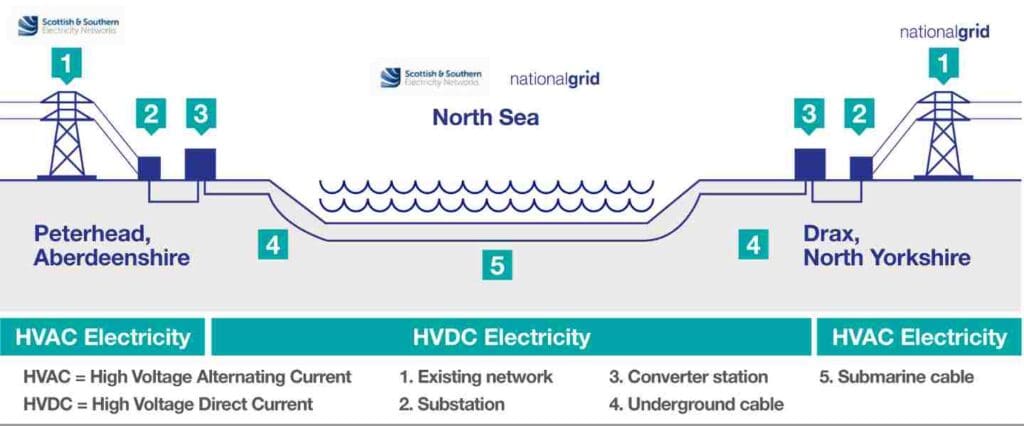The Importance of the National Grid in the UK Energy System

Introduction
The National Grid plays a crucial role in the United Kingdom’s energy infrastructure, managing the electricity supply to millions of homes and businesses. Understanding its functions and recent developments is vital as the UK transitions towards a more sustainable energy future, especially in light of increasing demand and the government’s commitment to net-zero emissions by 2050.
What is the National Grid?
The National Grid is the high-voltage electrical transmission network that distributes electricity from power stations to consumers across England, Scotland, and Wales. Operated by National Grid Electricity System Operator (ESO), it ensures reliability and stability in the electricity supply by balancing supply and demand in real-time.
Recent Developments
In recent months, the National Grid has faced significant challenges, exacerbated by the ongoing energy crisis and the rising costs of gas and electricity. In response, the ESO has actively worked on several initiatives to enhance grid stability and integrate renewable energy sources. As of October 2023, the grid has reported record levels of renewable energy generation, with over 60% of electricity coming from wind, solar, and hydro sources.
Moreover, the National Grid has launched the ‘Future Energy Scenarios’ report, illustrating various pathways to achieve an 80% reduction in carbon emissions by 2045. This includes increased investment in smart grids and energy storage solutions, which are essential for accommodating variable renewable energy resources.
The Path Forward
Looking ahead, the National Grid is preparing to address numerous challenges and opportunities in the energy sector. With the anticipated rise in electric vehicle adoption and the electrification of heating, demand on the grid is expected to increase substantially. National Grid ESO is also exploring the integration of new technologies, such as demand-side response and energy storage, to enhance the system’s resilience.
Conclusion
The National Grid is at a pivotal point in its journey towards a sustainable future. Its ongoing efforts to integrate renewable energy and adapt to increasing demand are critical not just for energy security but also for meeting the UK’s climate goals. As stakeholders from government, industry, and the public engage in shaping the energy landscape, the National Grid’s role will remain fundamental to driving a greener and more reliable electricity system for all.
